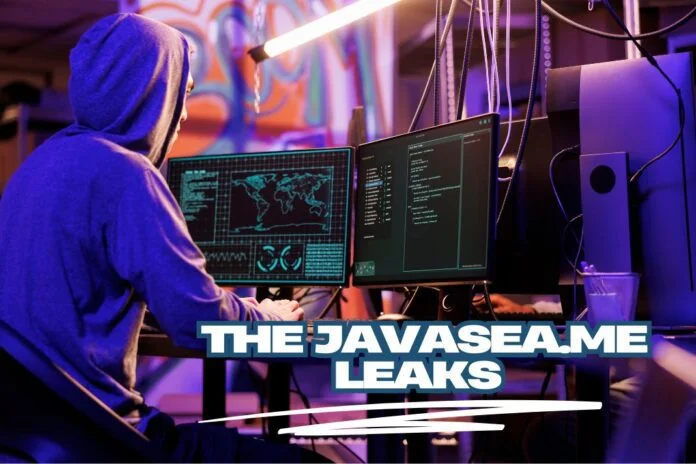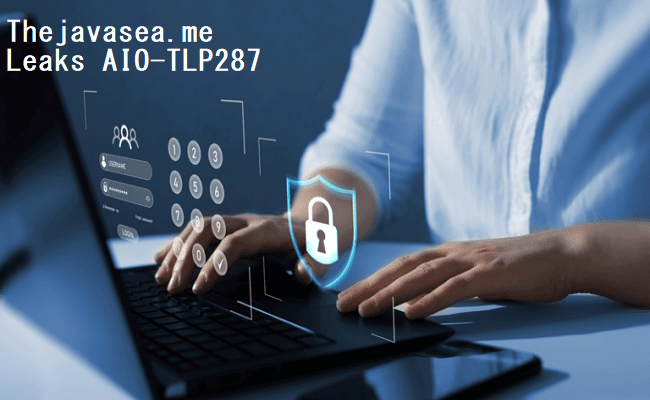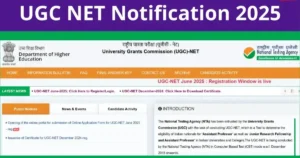thejavasea.me leaks aio-tlp287: Uncovering the Truth Behind the Buzz
In recent times, the online community has been buzzing about thejavasea.me leaks aio-tlp287. For those unfamiliar, this cryptic combination of words references a series of leaks that allegedly surfaced through the website thejavasea.me, a platform that has become notorious for sharing information, data dumps, and unreleased content under the radar of mainstream awareness. But what exactly are these leaks? What does aio-tlp287 stand for? Why are so many internet users, digital security experts, and content creators concerned about it?
In this in-depth article, we’ll explore the origins of thejavasea.me, the nature of the aio-tlp287 leaks, their implications for privacy, the controversies surrounding data breaches, and how individuals and organizations can protect themselves in an increasingly connected — and vulnerable — digital landscape.
The Rise of thejavasea.me: An Underground Data Hub?
First, let’s understand what thejavasea.me is, or claims to be. Launched a few years ago, thejavasea.me began as a niche website catering to tech enthusiasts. Its name — “Java Sea” — references the maritime region in Southeast Asia, but in the context of the internet, it plays on the vastness and depth of the digital ocean where data flows endlessly.
Over time, the site gained notoriety for hosting or linking to leaks: from small snippets of confidential corporate data to entire archives of unreleased multimedia content. These so-called “leaks” range from trivial spoilers to highly sensitive information that, if genuine, could have legal consequences.
Unlike larger whistleblowing platforms like WikiLeaks, thejavasea.me operates on the fringes, often shrouded in anonymity. It is neither well-moderated nor subject to the same ethical vetting standards that reputable investigative journalists follow. As a result, the validity of the leaks is always a point of contention.
What Is aio-tlp287? Decoding the Mystery
The term aio-tlp287 is even more enigmatic. Let’s break it down:
- AIO commonly stands for “All-In-One,” suggesting that the leak is a compilation or bundle of various files.
- TLP might refer to “Traffic Light Protocol,” a system used to classify sensitive information. TLP uses colors like Red, Amber, Green, and White to signal how widely information should be shared. The “287” is likely an internal or arbitrary identifier.
Together, aio-tlp287 appears to be a codename for a specific package of data that has been leaked. Users who frequent thejavasea.me forums claim that this leak contains a broad range of files — from unreleased media content, software tools, and scripts, to sensitive corporate emails and credentials. However, verifying these claims is a murky process.
What Do These Leaks Allegedly Contain?
According to some discussions on Reddit, Discord, and other fringe forums, aio-tlp287 includes:
- Source Code and Proprietary Tools: Some files allegedly contain snippets of proprietary source code belonging to small software development firms. This raises serious intellectual property concerns.
- Confidential Emails: Screenshots and email archives that might contain internal conversations between executives or developers.
- User Data: Some users claim that parts of the leak include usernames, hashed passwords, or other identifiable information.
- Unreleased Content: There are rumors that aio-tlp287 has unreleased audio tracks, video clips, or promotional materials for indie games and digital art projects.
It’s crucial to stress that while these claims circulate among communities, concrete evidence remains scarce. Many “samples” shared online are outdated or incomplete, making it difficult to verify the authenticity of the leaks.

The Ethics of Sharing and Downloading Leaks
The potential existence of aio-tlp287 brings up the broader debate around digital leaks. On the one hand, leaks have played a critical role in exposing corruption, wrongdoing, and unethical practices. Whistleblowers like Edward Snowden and Chelsea Manning revealed large-scale governmental surveillance programs and military misconduct. Their leaks sparked worldwide debates about privacy and civil liberties.
However, not all leaks are rooted in public interest. Many are motivated by financial gain, notoriety, or malicious intent. Leaking unreleased creative work, corporate trade secrets, or personal information can devastate individuals and businesses. In the case of thejavasea.me leaks aio-tlp287, if the claims about stolen user data are true, it could lead to identity theft, phishing scams, and further breaches.
Downloading or sharing leaked material may also expose the downloader to malware, as shady leak sites often hide malicious files in seemingly legitimate downloads.
Legal Ramifications: Is Accessing Leaked Data Illegal?
The legality of accessing leaked information depends on jurisdiction and the nature of the data. In many countries, possessing or distributing stolen data — especially personal data or proprietary intellectual property — is illegal. While some argue that simply viewing leaked material is not a crime, downloading, redistributing, or using it for personal gain often crosses legal boundaries.
Websites like thejavasea.me typically host themselves on offshore servers, using VPNs, Tor, and other anonymity tools to evade takedown requests and legal action. However, users who access or download these files may still be traceable, especially if they neglect to take basic cybersecurity precautions.
The Community’s Reaction: A Mix of Curiosity and Caution
The aio-tlp287 leak has divided online communities. Tech enthusiasts and digital sleuths are eager to dig into the files, hoping to discover hidden treasures — such as unreleased media or rare tools. Meanwhile, privacy advocates and cybersecurity professionals urge caution, warning that these leaks may contain booby-trapped files, backdoors, or spyware.
On platforms like Twitter and Mastodon, hashtags related to #thejavasea and #aio-tlp287 trend sporadically, with posts ranging from excited speculation to stern warnings. Some creators whose works are rumored to be part of the leak have issued takedown notices or public statements, condemning the unauthorized sharing of their intellectual property.
How to Protect Yourself from Data Leaks
For individuals worried about their information appearing in leaks like aio-tlp287, here are a few practical steps to mitigate the risks:
- Use Strong, Unique Passwords: Avoid reusing passwords across multiple sites. A single leak could compromise multiple accounts if your credentials are the same everywhere.
- Enable Two-Factor Authentication (2FA): This adds an extra layer of security, even if your password is exposed.
- Monitor for Breaches: Tools like Have I Been Pwned can help you check if your email address or passwords appear in known breaches.
- Be Wary of Suspicious Files: Never download or execute files from unverified leak sites. They might be infected with malware.
- Stay Informed: Follow trusted cybersecurity sources to learn about new breaches and scams.
The Future of thejavasea.me: Here to Stay or a Takedown Waiting to Happen?
The murky operations of thejavasea.me put it in the crosshairs of copyright holders, data privacy regulators, and cybersecurity experts. Similar sites have been taken down in coordinated operations involving law enforcement and industry groups. However, history shows that when one leak site is shut down, several others pop up in its place, continuing the cat-and-mouse game.
It’s worth noting that despite the dark undertones, platforms like thejavasea.me highlight an ongoing tension in the digital era: the balance between openness and security, freedom of information and the right to privacy.
Final Thoughts: Should You Pay Attention?
The buzz around thejavasea.me leaks aio-tlp287 is a reminder that the internet is both a treasure trove and a minefield. While the thrill of discovering “hidden” or “forbidden” content can be tempting, the consequences of interacting with leaked material can be severe — legally, ethically, and in terms of personal cybersecurity.
For most people, the best advice is to stay vigilant, protect your data, and think twice before clicking download on any file that sounds too good to be true. As the saying goes, “If you’re not paying for the product, you are the product” — and in the world of underground leaks, that rings truer than ever.














Post Comment